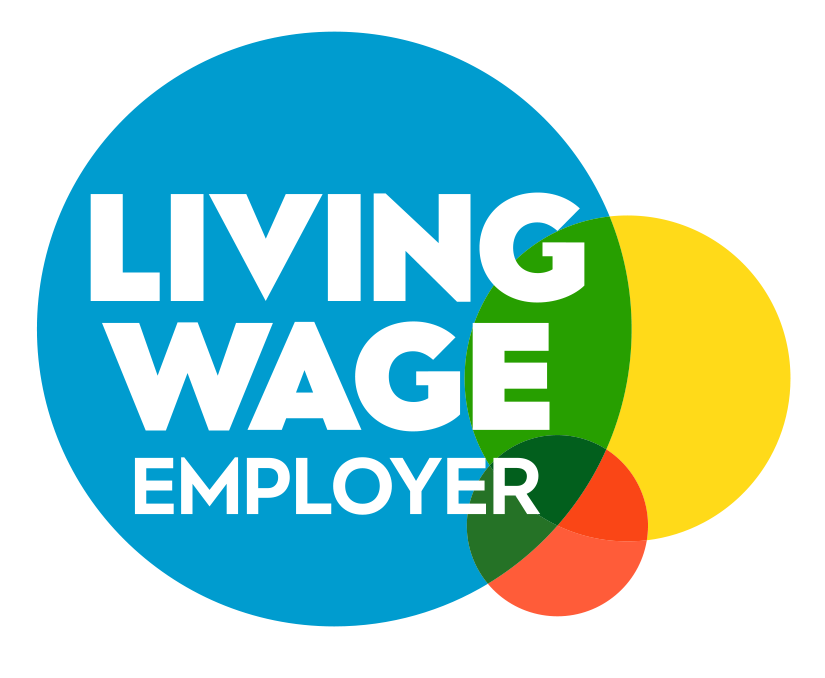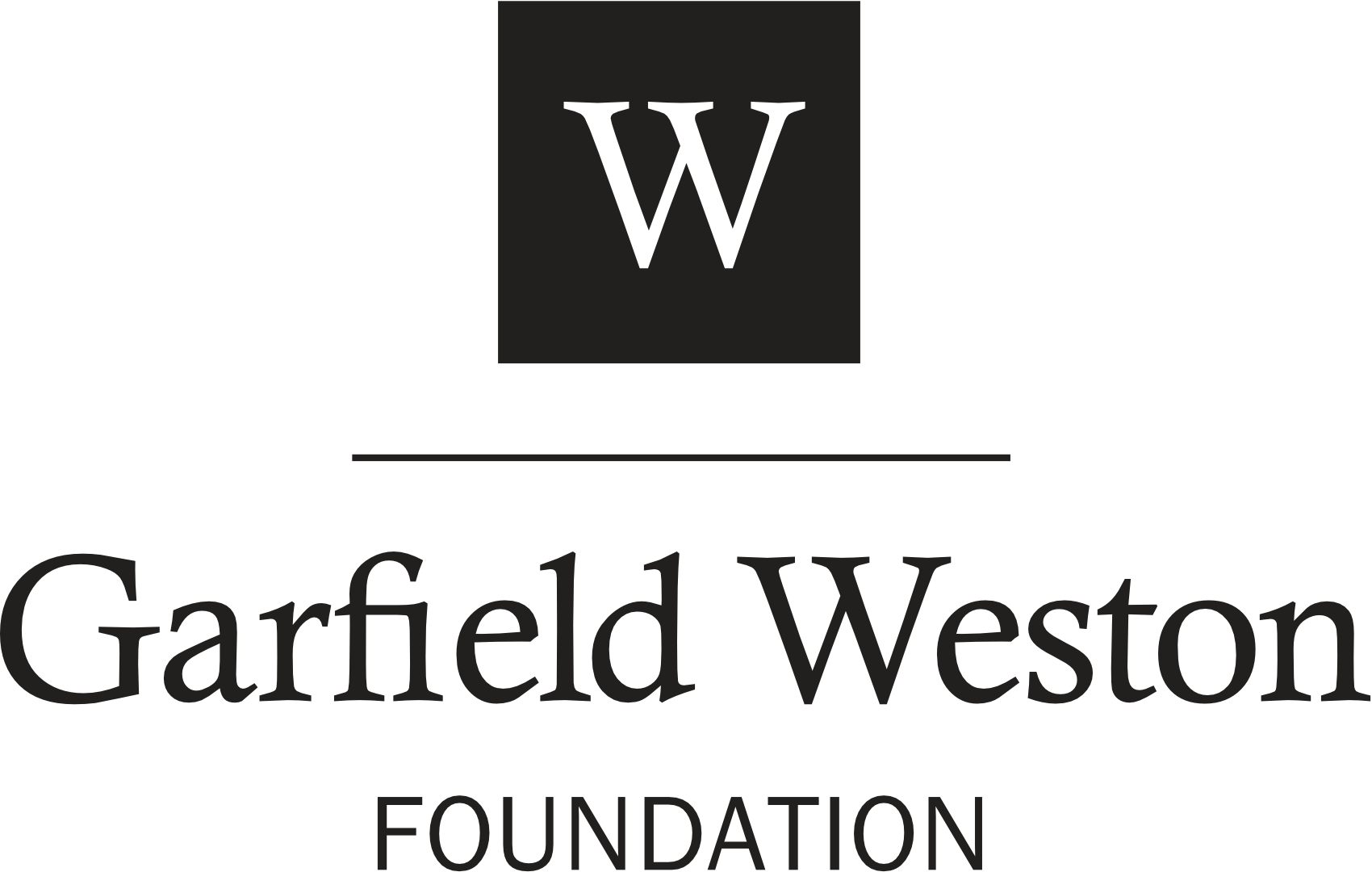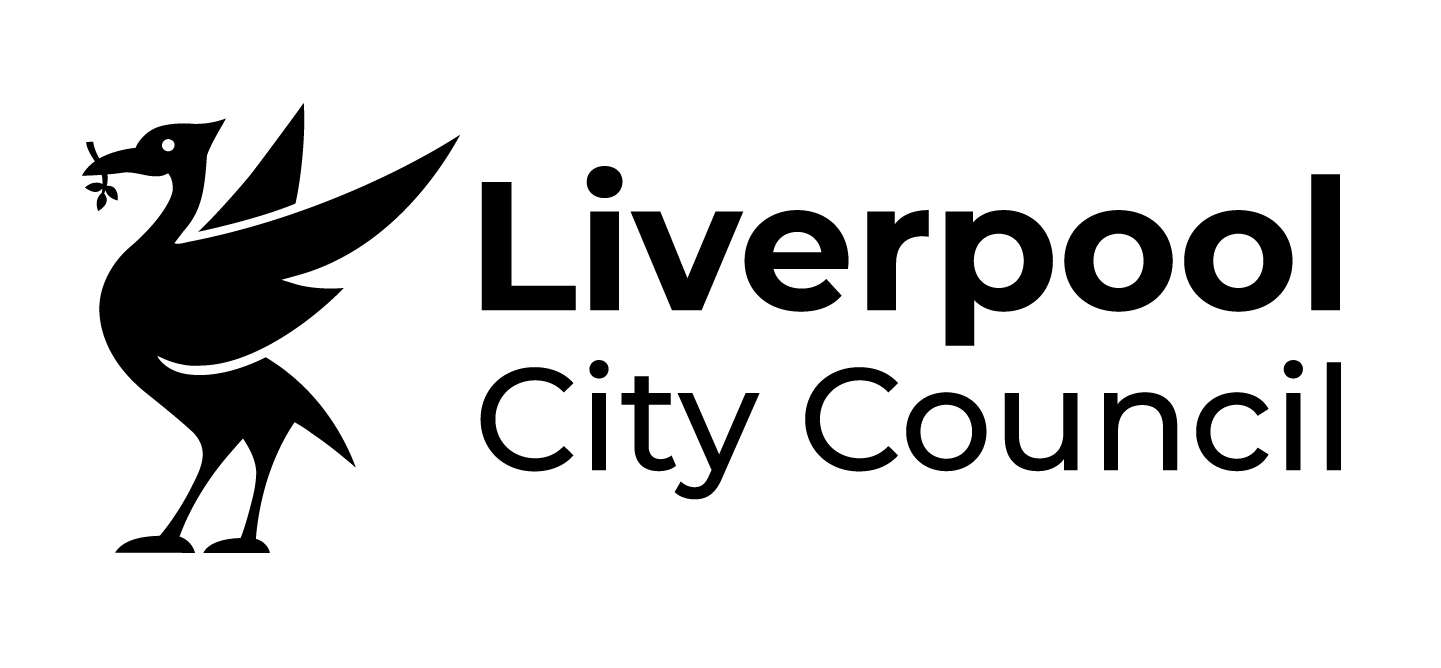Definition
The Complaints Procedure allows stakeholders to complain to Collective Encounters if they are dissatisfied with the service they have received and wish to make a complaint.
Policy
Collective Encounters is committed to maintaining the highest standards for its participants, learners, audience members, and other key stakeholders and to ensuring access to fair assessment for all its learners.
The policies and procedures covering complaints aim to provide an efficient, effective and transparent mechanism for individuals or organisations to ask for confirmation of those standards, where issues have been raised.
Participation, Learning and Assessment Complaints
For complaints connected with accredited training Collective Encounters has two policies
- Open Awards’ Malpractice and Maladministration Policy
- Access to Fair Assessment Policy
Where the outcome of a complaint questions the validity of assessment results for an accredited Open Awards course the Open Awards’ Malpractice and Maladministration Policy will apply.
Where the outcome of a complaint questions assessment of other courses Collective Encounters will take action to protect the interests of other learners and the integrity of the award of units and/or qualifications.
This may involve a further review of learner work.
Should as part of complaint investigation lead Collective Encounters to discover a failure in its assessment process, Collective Encounters will take all reasonable steps to:
- identify other learners who have been affected by the failure;
- correct or where it cannot be corrected, mitigate as far as possible the effect of the failure;
- ensure that the failure does not recur in the future.
Creative Content Complaints
Collective Encounters has a suite of policies that set out our values and approach in creating artistic content, including but not limited to the Collective Encounters Manifesto; Equality, Diversity and Inclusion Policy; and Ethical Research Policy.
Where the outcome of a complaint demonstrates that our content has fallen short of our own standards, Collective Encounters will take action to review the content. This may lead to the removal or editing of the content under review.
Should a complaint lead Collective Encounters to discover a failure in its artistic or other working process, Collective Encounters will take all reasonable steps to:
- identify any other artistic content affected by the failure
- correct or where it cannot be corrected, mitigate as far as possible the effect of the failure;
- ensure that the failure does not recur in the future, including a review of relevant policies
Charges
Collective Encounters reserves the right to levy a charge for investigating a complaint that involves substantial staff time and incurs charges to Collective Encounters by awarding bodies.
Collective Encounters does not wish to present a financial barrier to learners wishing to make a complaint and will therefore not levy any charges on individual learners unless it is found that a complaint is frivolous or malicious.
Purpose
This policy sets out guidelines to ensure that complaints received by Collective Encounters are dealt with quickly, fairly and effectively.
Collective Encounters will:
- take appropriate action to address concerns;
- implement the Complaints procedure in an open, transparent and accountable way;
- acknowledge receipt of complaint within 5 working days of written complaint being received;
- communicate initial conclusions from the investigation within 20 working days from receipt of complaint;
- aim to reach a final conclusion in resolving a complaint within 35 working days of receipt of written complaint;
- aim to hold an appeals panel within 20 working days of receiving a written appeal.
Procedure
a) Resolving complaints informally
It is hoped that issues can be resolved informally. An informal complaint can often be rectified immediately and therefore in the first instance you should contact any member of staff at Collective Encounters who will seek to rectify the situation as soon as possible. You will find contact emails on the Who We Are page of our website. However, should the complaint remain unresolved then formal procedures should be followed.
b) Resolving complaints formally
A formal complaint concerning any aspect of Collective Encounters’ activity should be made in writing to the Executive Director at admin@collective-encounters.org.uk
Collective Encounters will acknowledge the complaint within 5 working days of receipt of formal written notification. Should the complaint fall outside the scope of Collective Encounters, we will advise you of this in writing within 5 working days of receipt of your notification.
Collective Encounters will investigate the complaint and seek any further evidence, information and documentation that may be required. Once we are satisfied that all information/documentation is available to us an initial conclusion will be reached.
This will be communicated to you in writing within 20 working days of receipt of the
written complaint. If a conclusion cannot be reached within this time the reasons for this will be communicated to you within the 20 working days.
Complainants will be invited to comment in writing on the factual accuracy of the Collective Encounters’ initial conclusion within 10 working days of the date of our written communication.
Collective Encounters will consider any additional information provided by the complainant before reaching a final conclusion. The final conclusion will be confirmed to the complainant within 10 working days of receiving any comments. Should no comment be received then the initial conclusion will be confirmed as final.
Appeals
If the complainant is dissatisfied with the decision, they may appeal against this in writing. Appeals will be heard by the Appeal Panel which is drawn from the Collective Encounters’ Board and which will include at least three members who have had no interest or involvement in the complaint. The appeal will be heard within 20 working days of receipt of the appeal. The decision of the Appeals Panel will be communicated to the appellant within 5 working days of the meeting and will be final.
Monitoring and Evaluation
Any complaints will be reported to the Collective Encounters’ Board which meets 4 times a year. The number and nature of complaints and appeals and their outcome will be considered by the Board and any changes to the policy or procedure will be agreed as appropriate.
Follow Up
Where the application of the complaints process leads Collective Encounters to discover a failure in its assessment, artistic, or any other working process, it will take all reasonable steps to:
- identify any other individual who has been affected by the failure
- correct or, where it cannot be corrected, mitigate as far as possible the effect
of the failure, and
- ensure that the failure does not recur in the future.
Vexatious Correspondence or Behaviour
Collective Encounters staff will not engage with persistent/repeated contact from complainants or abusive complainants. Where a complainant corresponds with Collective Encounters in an abusive manner or repeatedly and persistently contacts Collective Encounters with no new information or evidence to bring to investigations, Collective Encounters will treat such behaviour/correspondence as vexatious.
The following forms of behaviour or correspondence are considered vexatious:
- A complainant being abusive or threatening, either during a telephone conversation, face to face meeting or in written correspondence.
- A complainant repeatedly contacting Collective Encounters via telephone or email in a given working day without offering new evidence or information.
- Making unreasonable demands on Collective Encounters outside of the agreed remit of the investigation.
- Making accusatory remarks about Collective Encounters or the Collective Encounters’ representative managing the case.
In all the above circumstances, the complainant will be referred to the Executive Director or the Chair of the Board.














